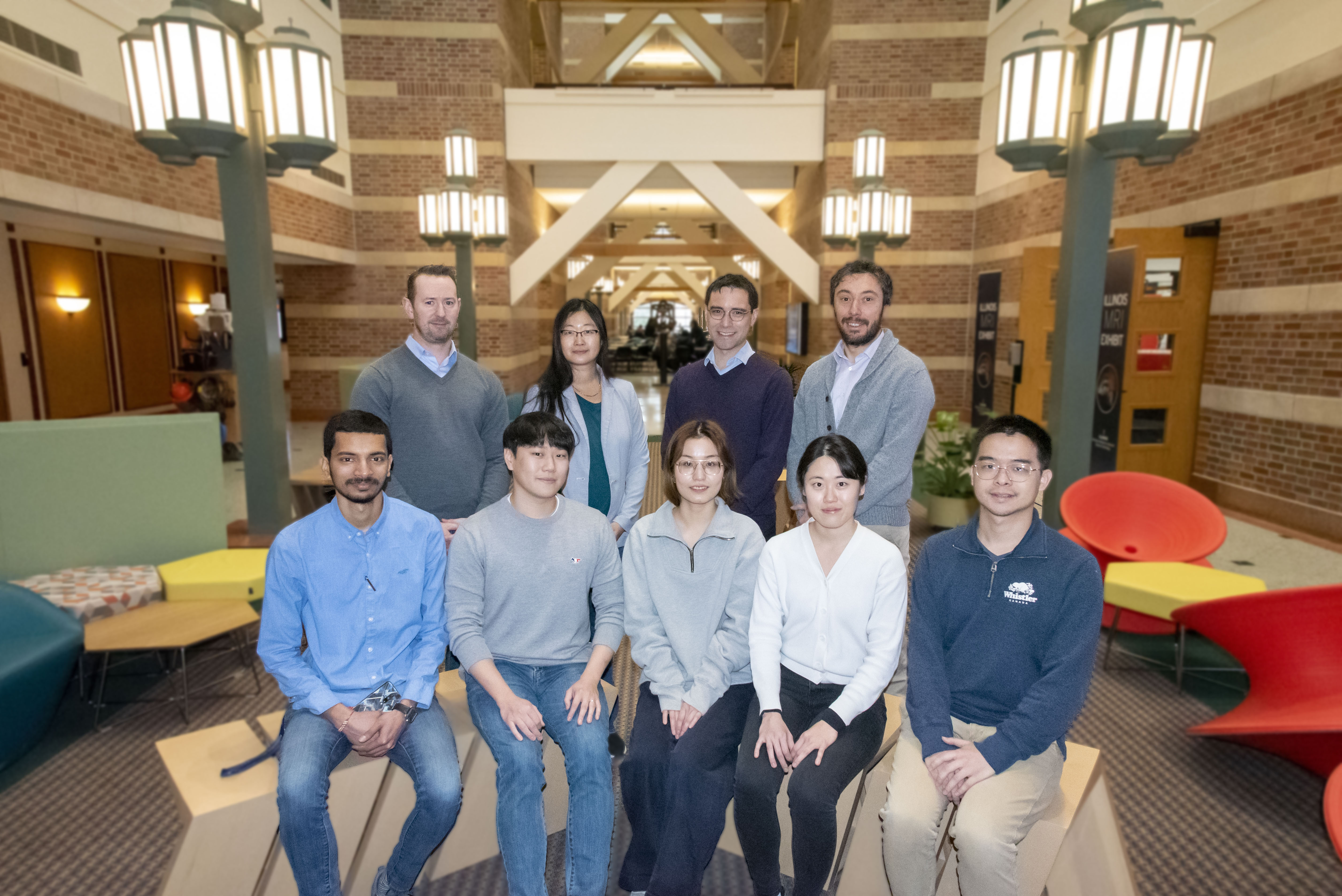Using Advanced Genetic Techniques, Scientists Create Mice With Traits of Tourette Disorder
Rutgers University-New BrunswickIn research that may be a step forward toward finding personalized treatments for Tourette disorder, scientists at Rutgers University–New Brunswick have bred mice that exhibit some of the same behaviors and brain abnormalities seen in humans with the disorder. As reported in the Proceedings of the National Academy of Sciences, the researchers, using a technique known as CRISPR/Cas9 DNA editing, inserted the same genetic mutations found in humans with Tourette disorder into the corresponding genes in mouse embryos.


















